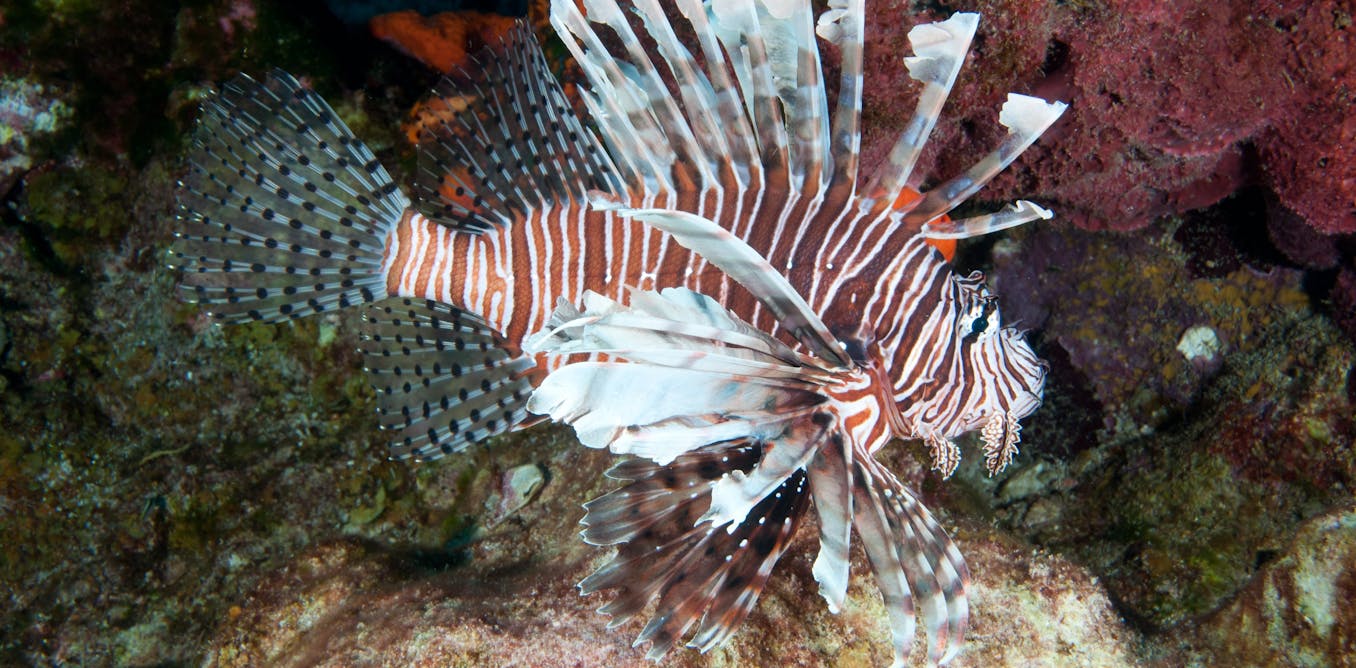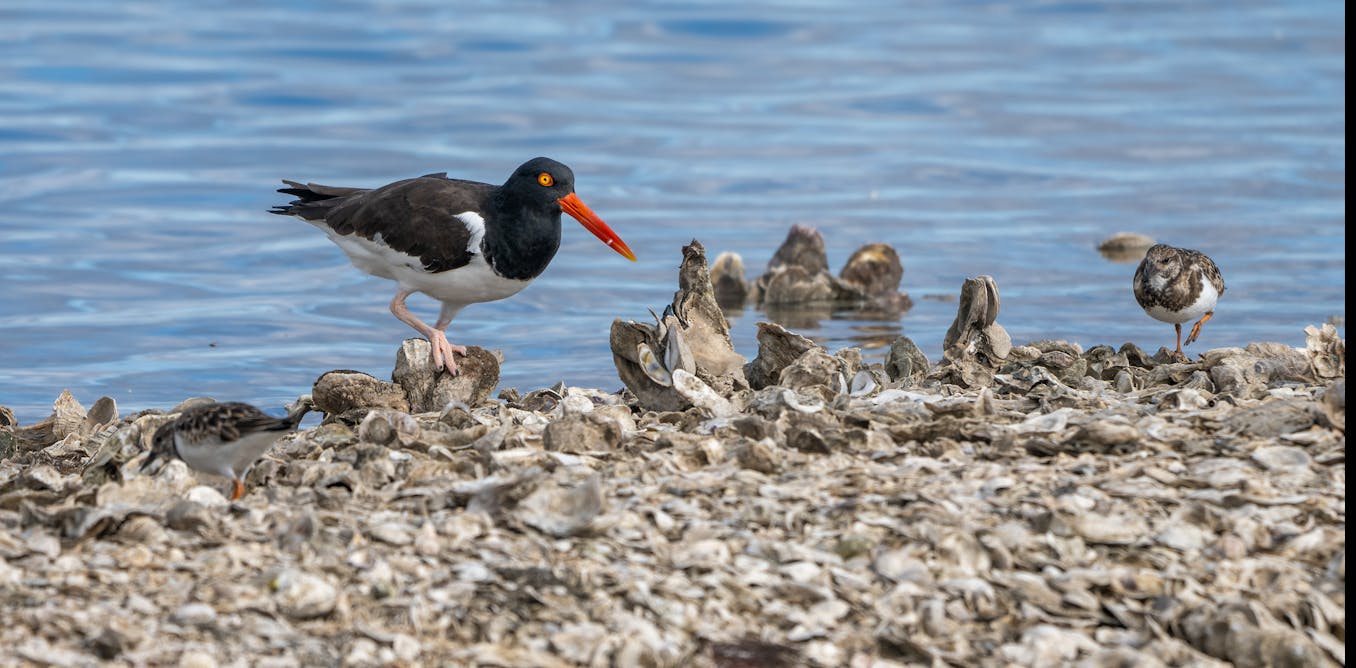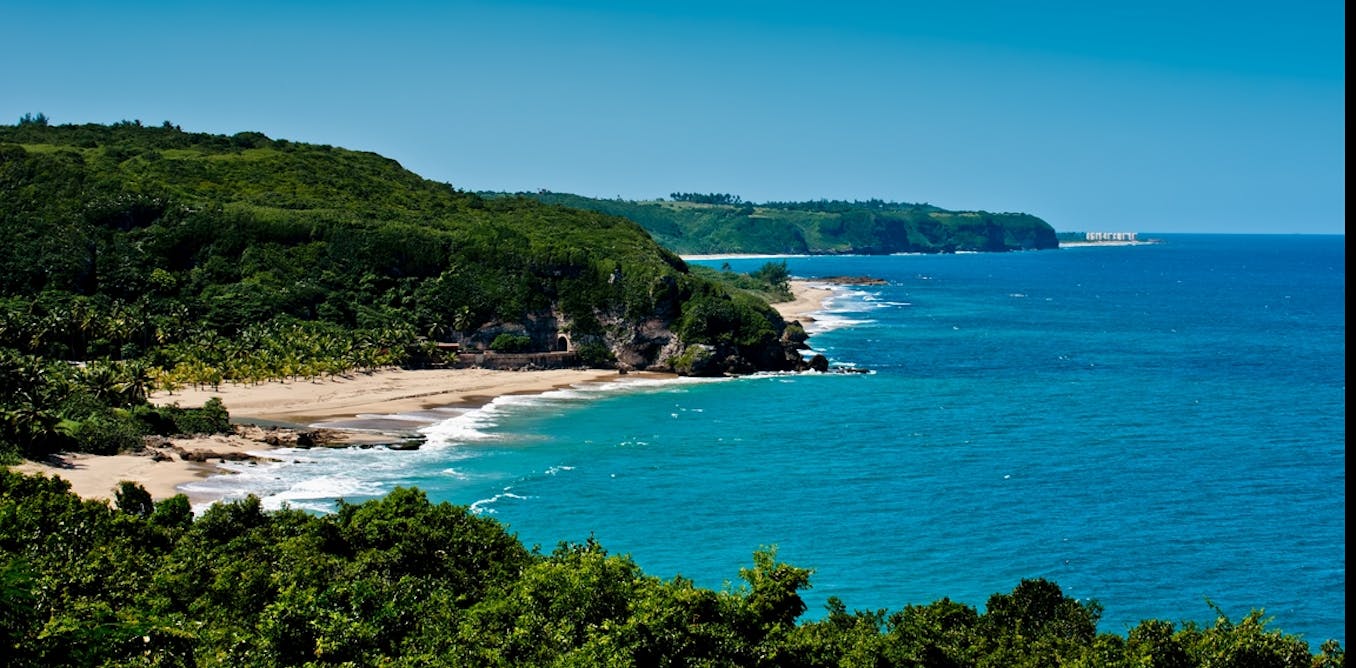Coastal cities have a hidden vulnerability to storm-surge and tidal flooding − entirely caused by humans
Some cities are building huge gates and barriers to counter the flood risk from estuary urbanization. But putting nature to work in a big way might be more effective.
Oct. 16, 2024 • ~9 min






